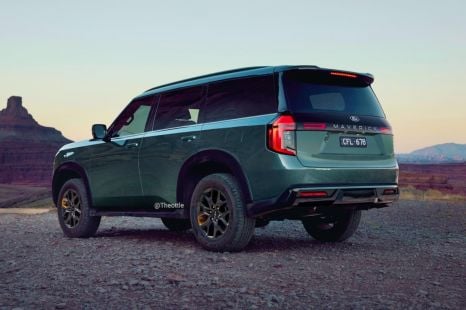

Ben Zachariah
Move over, Patrol: New-era Ford Maverick SUV imagined
7 Hours Ago

Journalist
The second-generation Nissan Kicks has been unveiled in New York, and superficially, at least, it seems like a much more compelling prospect than the original car.
The first-generation Kicks was launched in 2016 as a “cost down” replacement for the Juke, which was designed with European sensibilities in mind.
While the original Juke was made exclusively in Japan, the UK and Indonesia, the Kicks — which was sized between the Juke and Qashqai — was produced in various factories throughout Asia and Latin America, enabling it skirt import tariffs and reduce shipping costs.
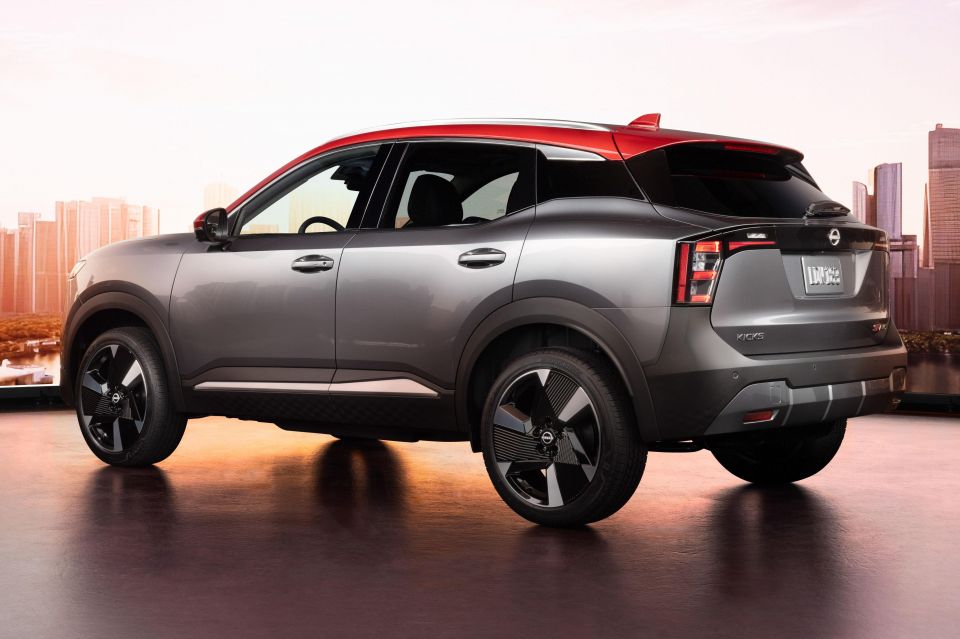
Although the sizing and prices were, for many, much more agreeable, the styling of the original Kicks could most succinctly be described as “generic small crossover”.
The new model largely deals with the latter problem, and adds significantly more tech into the bargain too.
With pricing yet to be revealed, we don’t know if the Kicks will continue to be one of the cheapest crossovers available in the US, where the current car starts from US$20,400 ($31,300) before local sales taxes and delivery fees.
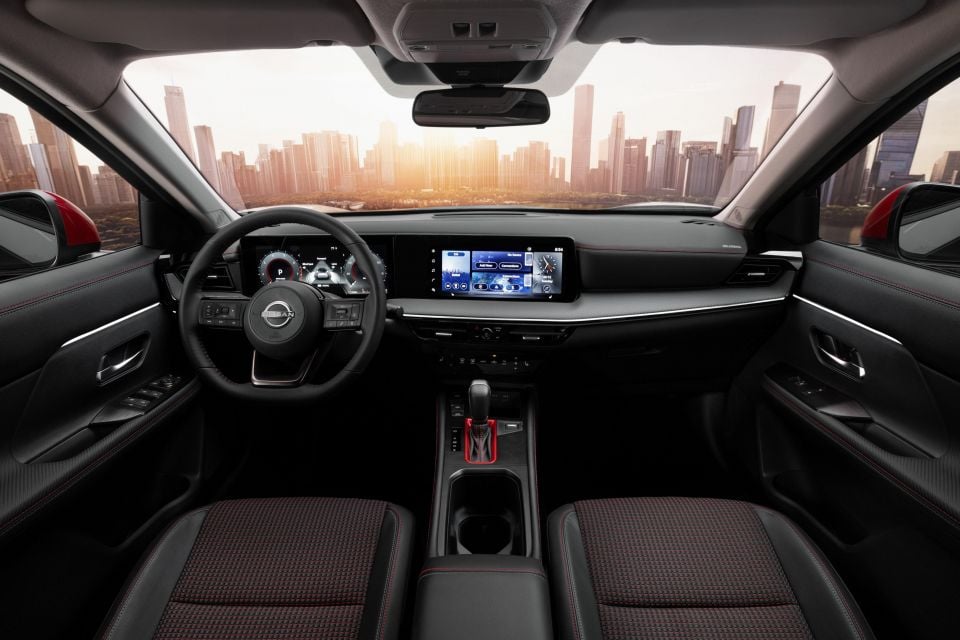
Measuring 4366mm long, 1801mm wide, 1631mm tall, and riding on a 2657mm wheelbase in front-wheel drive form, the new Kicks is about 65mm longer, 40mm wider, 40mm taller, and has a 45mm longer wheelbase than the first-generation model.
It’s also much closer in size to the 4.43m Qashqai than it is to the 4.21m Juke. The larger body is said to improve both passenger and cargo space.
Inside, the dashboard is dominated by a large rectangular block that houses a standard digital instrumentation display, as well as a touchscreen for the infotainment system.
Depending on the spec, the instrumentation screen measures either 7.0- or 12.3-inch. Similarly, the touchscreen is either a 7.0- or 12.3-inch unit.
Wireless Android Auto and Apple CarPlay are both supported, while wireless smartphone charging and up to four USB-C ports are available. A 10-speaker Bose sound system with speakers built into the front headrests is optional.
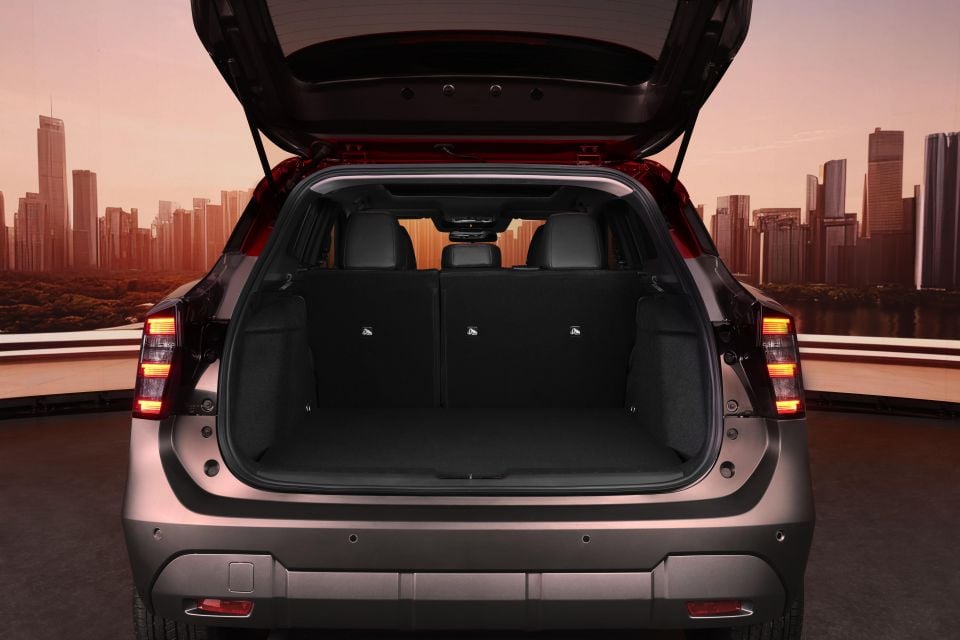
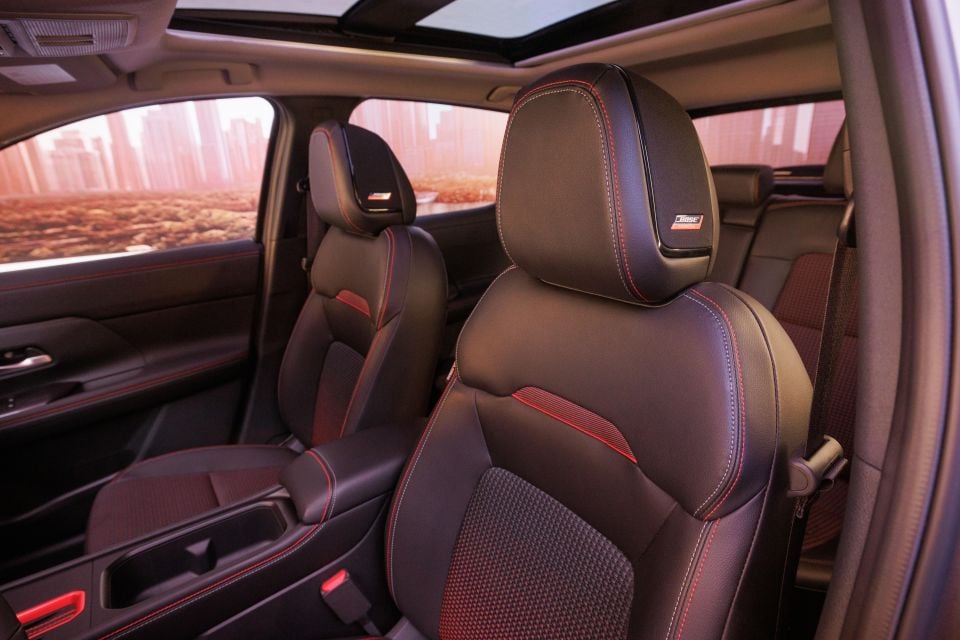
Top-spec models have a flat-bottom steering wheel, red-stitching throughout the cabin, and “sleek” capacitive buttons for the climate control system. A less-intrusive panoramic sunroof is available on some models.
Standard safety features in the States includes autonomous emergency braking with pedestrian detection, rear autonomous emergency braking, blind spot monitoring, rear cross traffic alert, high beam assist, lane departure warning, and driver fatigue warning.
Higher grades also come with radar-guided cruise control, highway lane centering assist, and a 360-degree camera system.
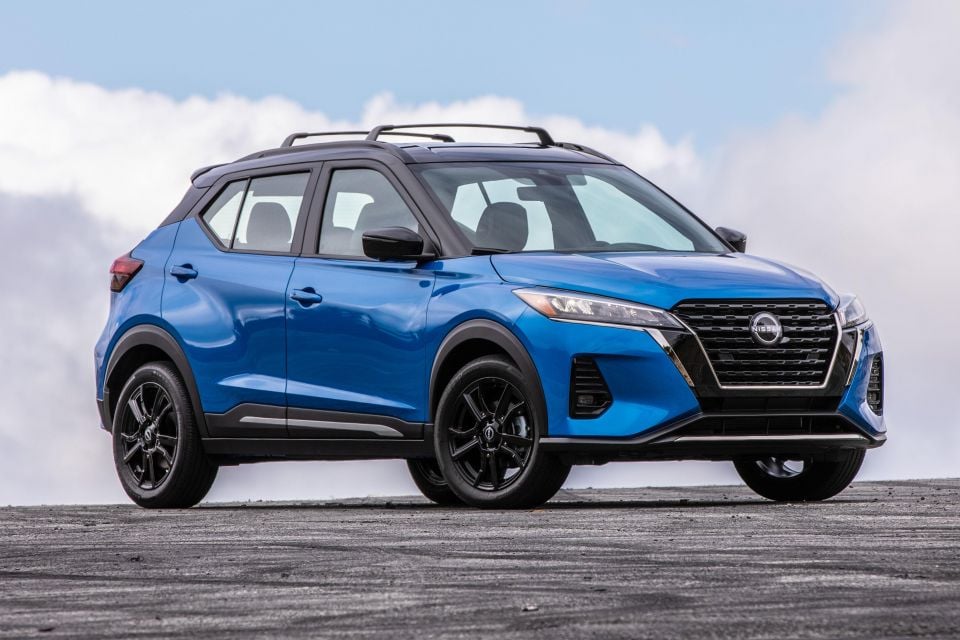
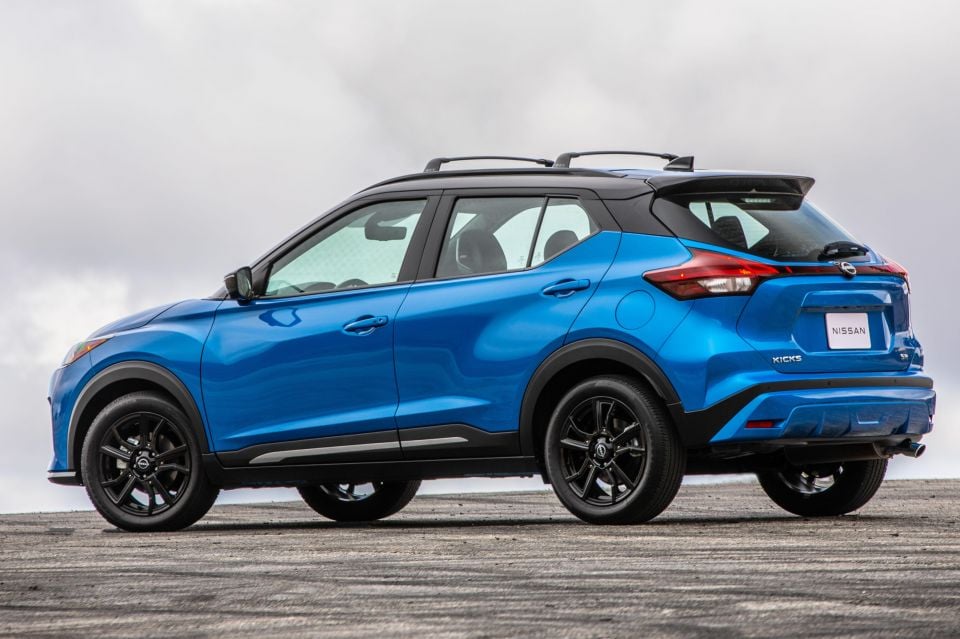
In the US at least, the new Kicks is powered by a 2.0-litre making 105kW and 190Nm. That’s a significantly more ponies than the current car’s 91kW/155Nm 1.6-litre four-pot.
As a counterpoint, the larger second-generation Kicks weighs between 1355kg (entry-level front-wheel drive) and 1475kg (top-spec all-wheel drive). That makes the new model at least 163kg heavier than the current Kicks.
Like many Nissan models, the Kicks is paired exclusively with a continuously variable transmission. Unlike the first-generation Kicks, the new version will available with all-wheel drive, although front-wheel drive will be standard on all models.
Where expert car reviews meet expert car buying – CarExpert gives you trusted advice, personalised service and real savings on your next new car.
Derek Fung would love to tell you about his multiple degrees, but he's too busy writing up some news right now. In his spare time Derek loves chasing automotive rabbits down the hole. Based in New York, New York, Derek loves to travel and is very much a window not an aisle person.


Ben Zachariah
7 Hours Ago
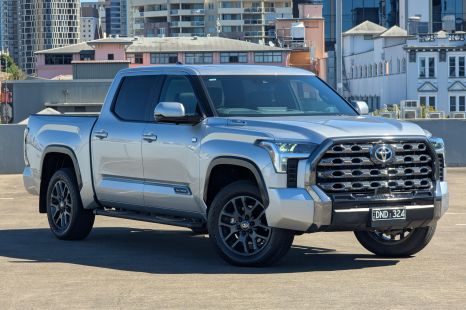

Damion Smy
8 Hours Ago
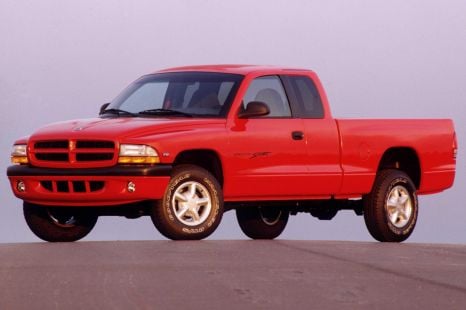

Derek Fung
9 Hours Ago


Ben Zachariah
9 Hours Ago
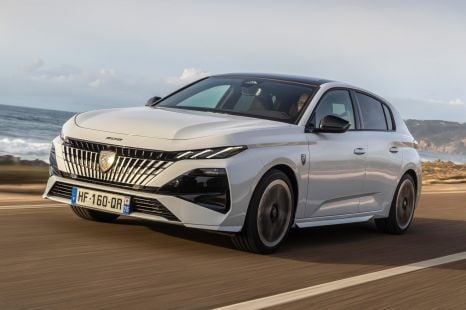

Matt Robinson
15 Hours Ago
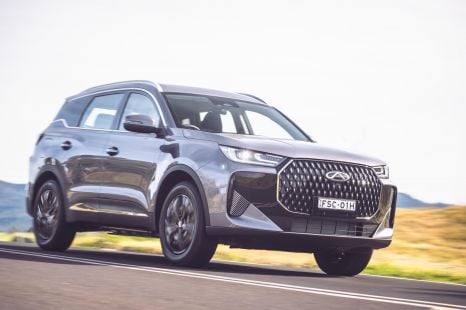

CarExpert.com.au
1 Day Ago